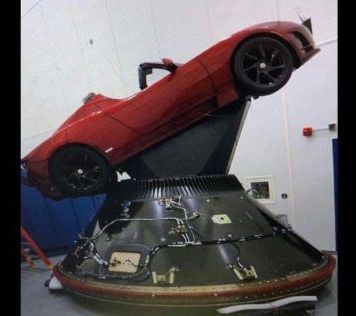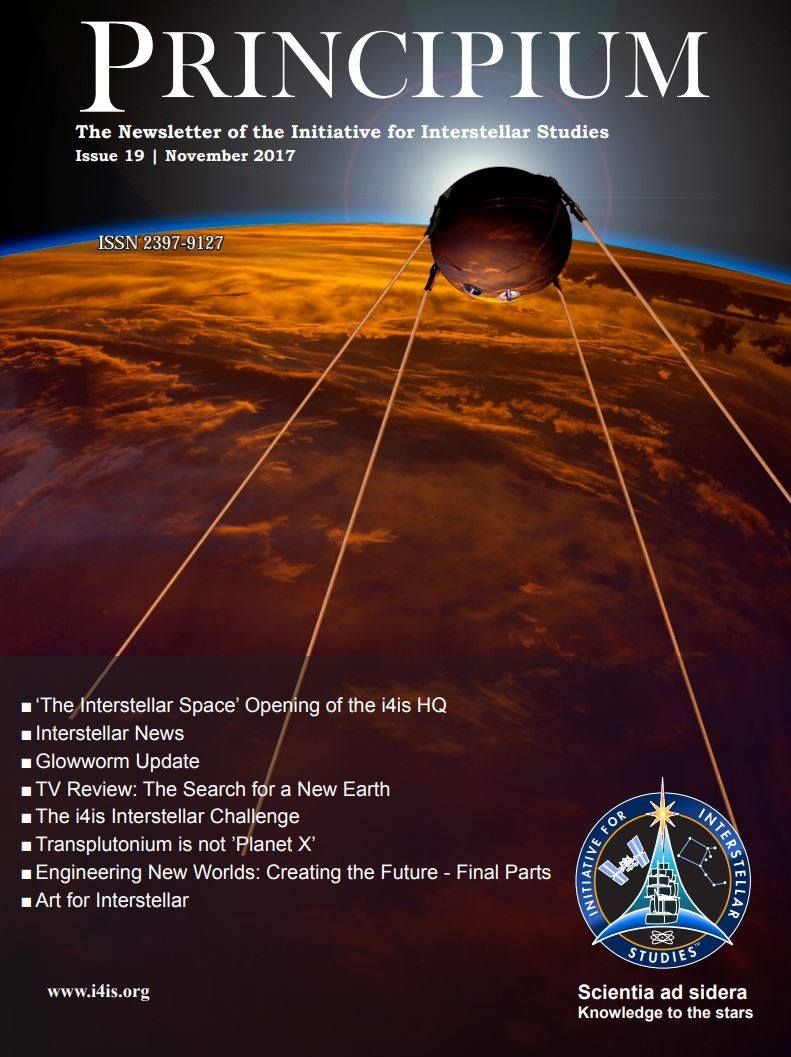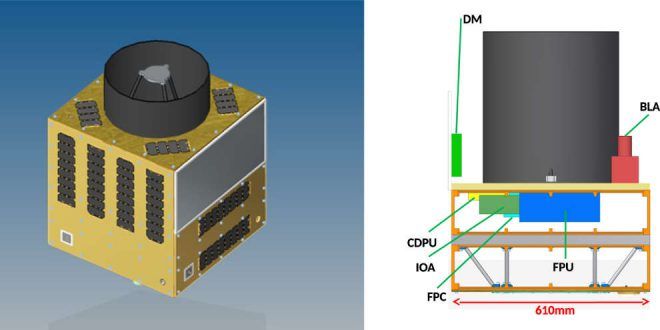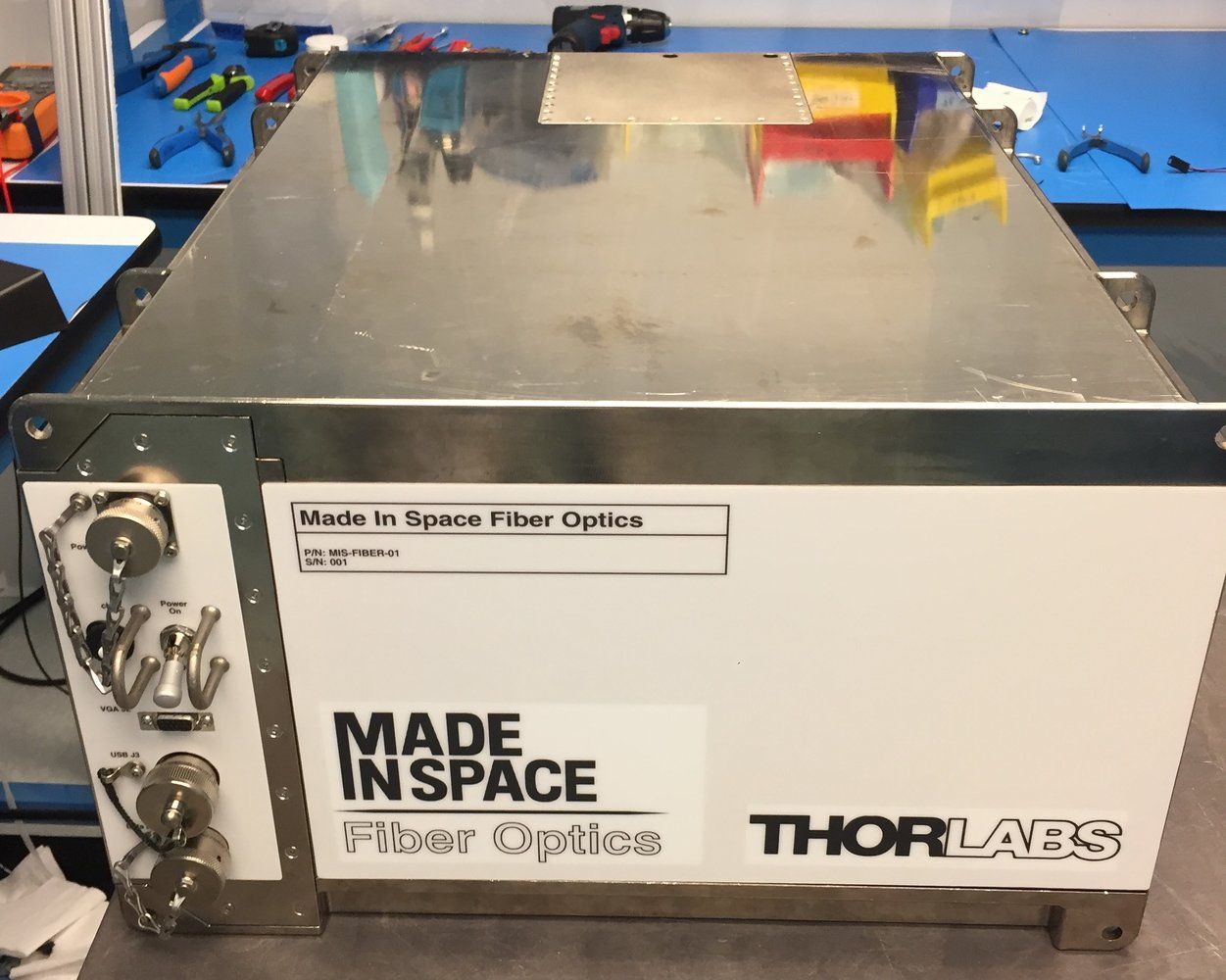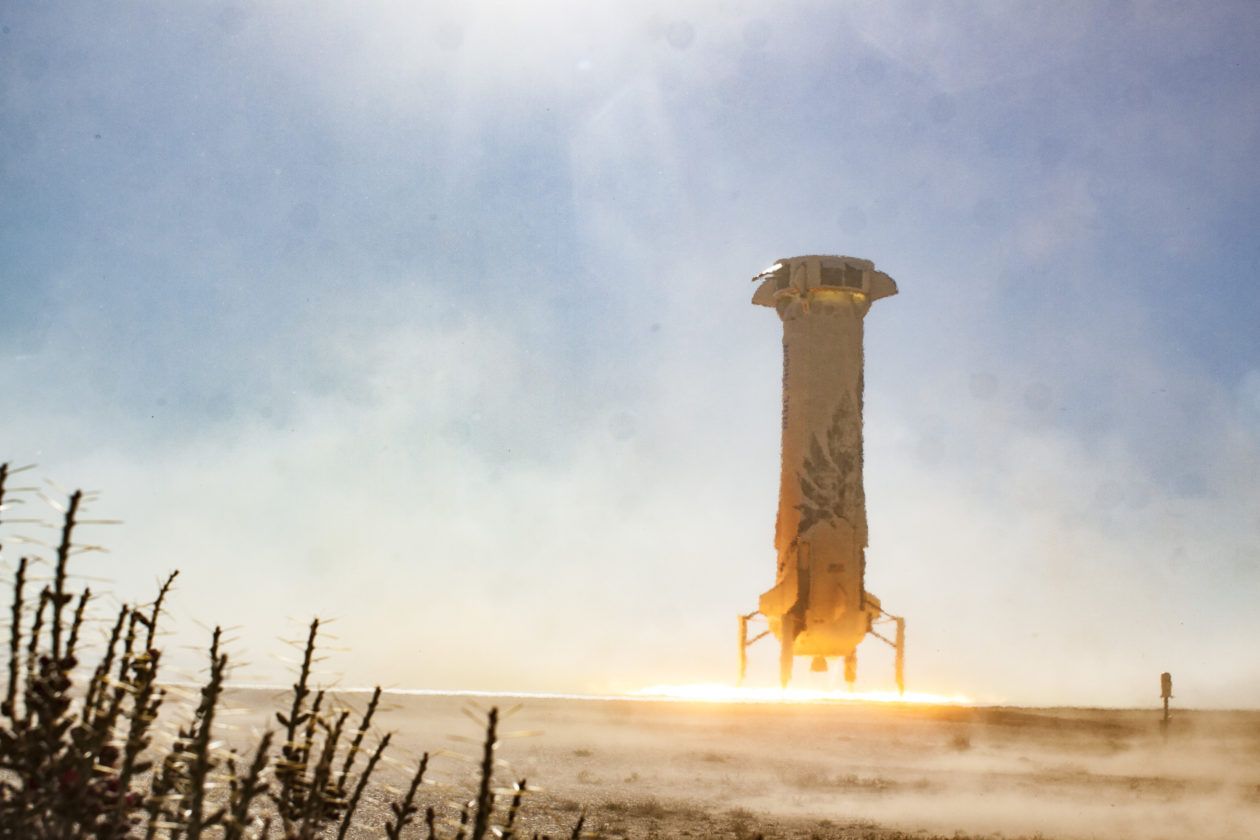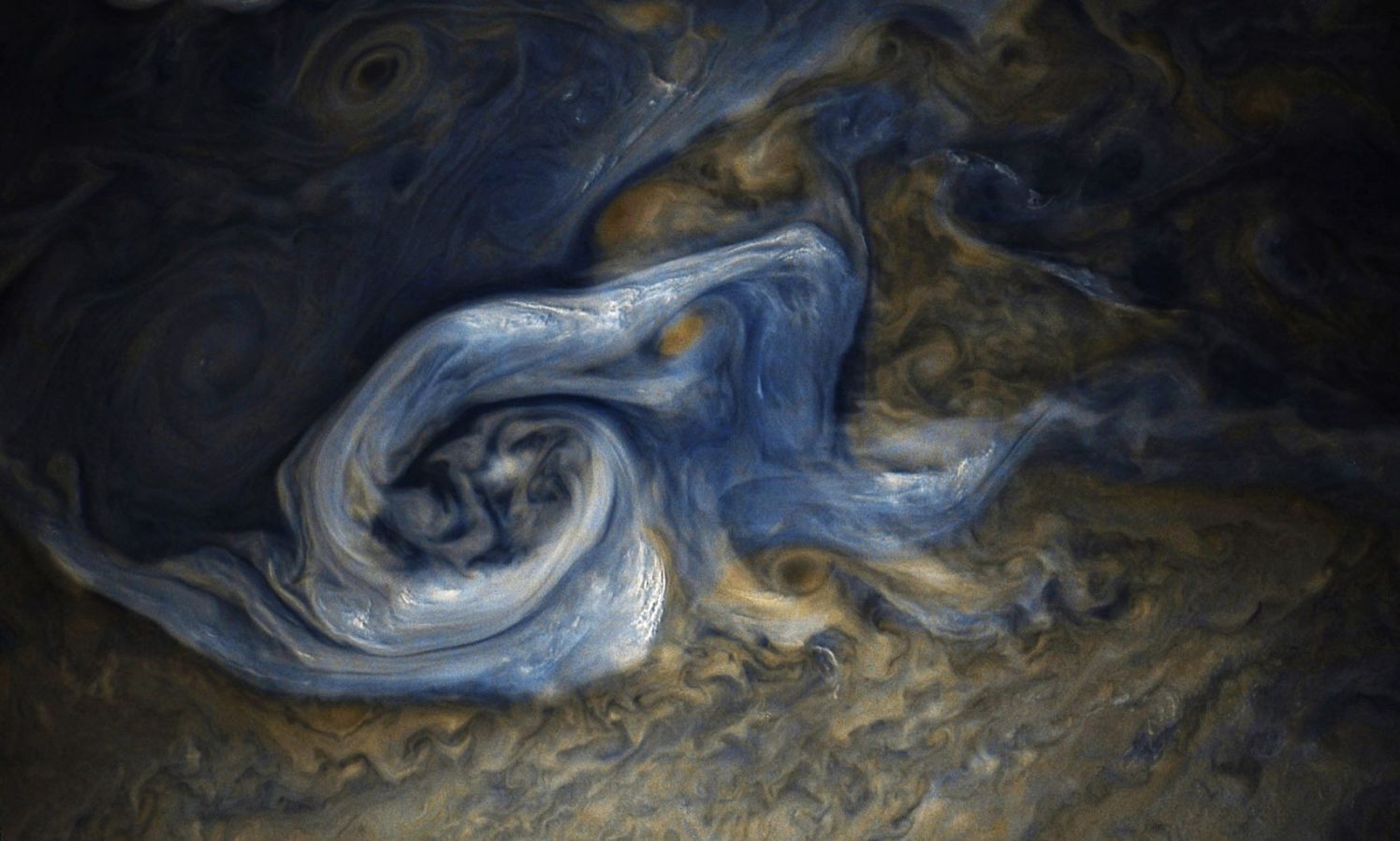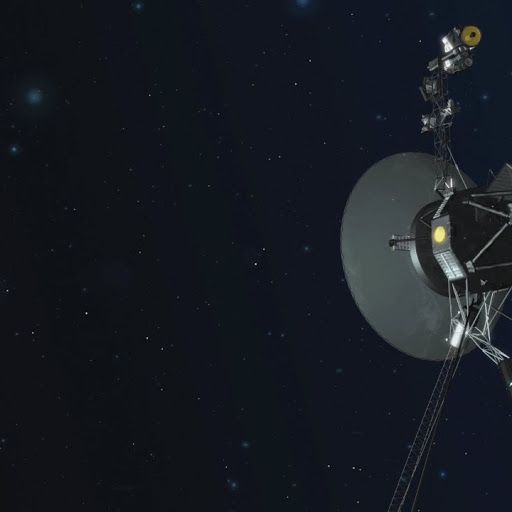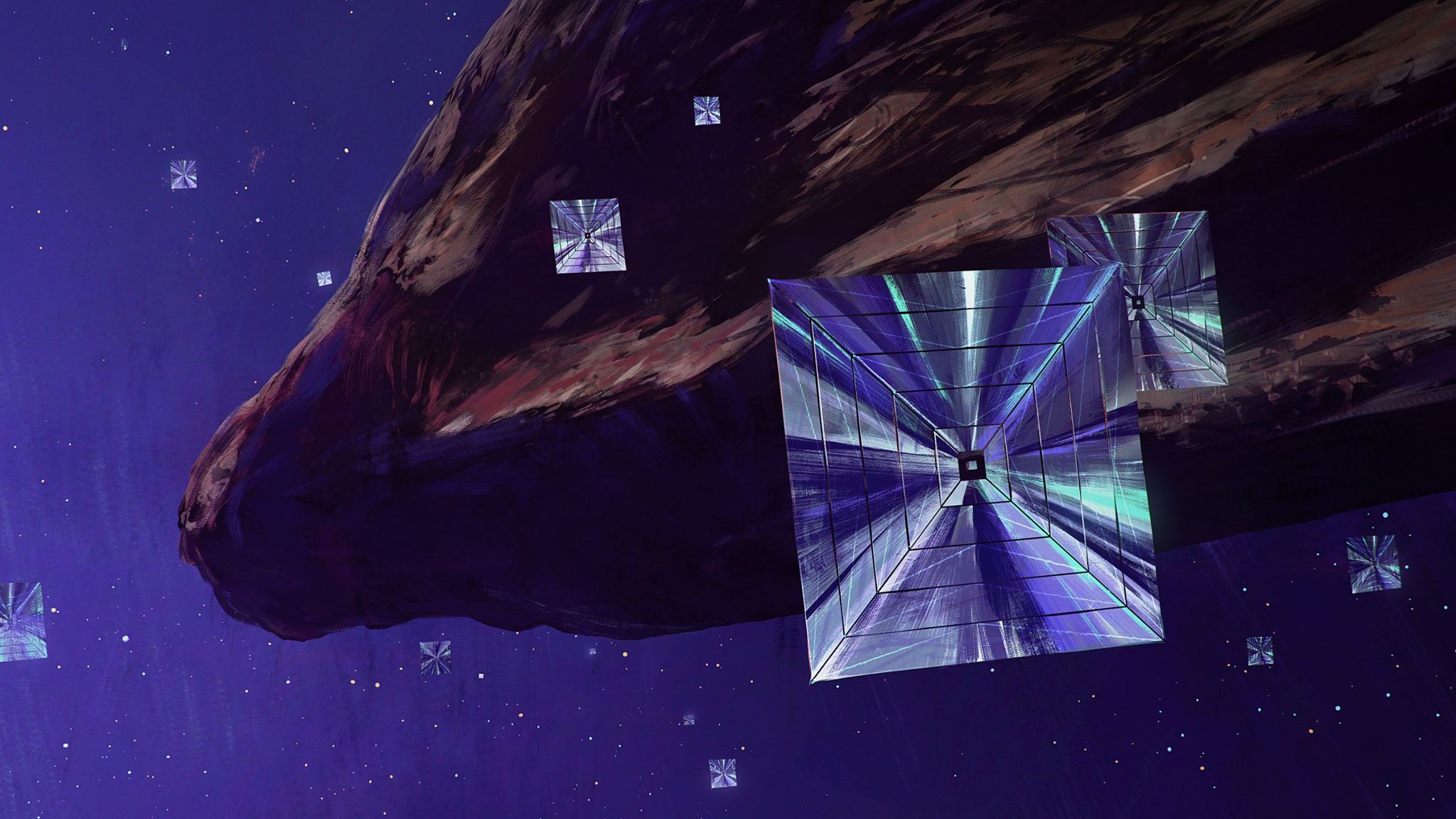Artificial intelligence is seeping into every nook and cranny of modern life. AI might tag your friends in photos on Facebook or choose what you see on Instagram, but materials scientists and NASA researchers are also beginning to use the technology for scientific discovery and space exploration.
But there’s a core problem with this technology, whether it’s being used in social media or for the Mars rover: The programmers that built it don’t know why AI makes one decision over another.
Modern artificial intelligence is still new. Big tech companies have only ramped up investment and research in the last five years, after a decades-old theory was shown to finally work in 2012. Inspired by the human brain, an artificial neural network relied on layers of thousands to millions of tiny connections between “neurons” or little clusters of mathematic computation, like the connections of neurons in the brain. But that software architecture came with a trade-off: Since the changes throughout those millions of connections were so complex and minute, researchers aren’t able to exactly determine what is happening. They just get an output that works.
